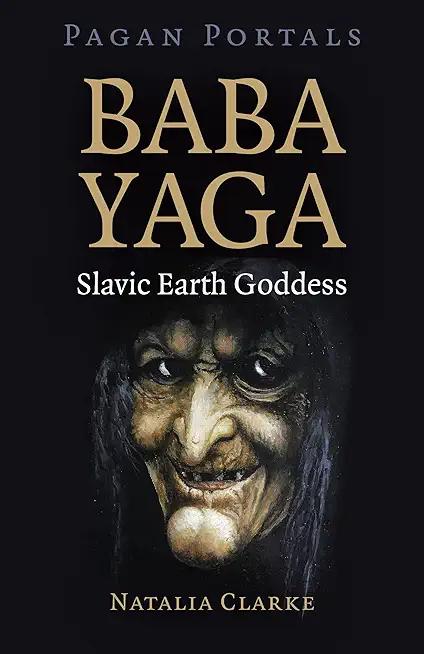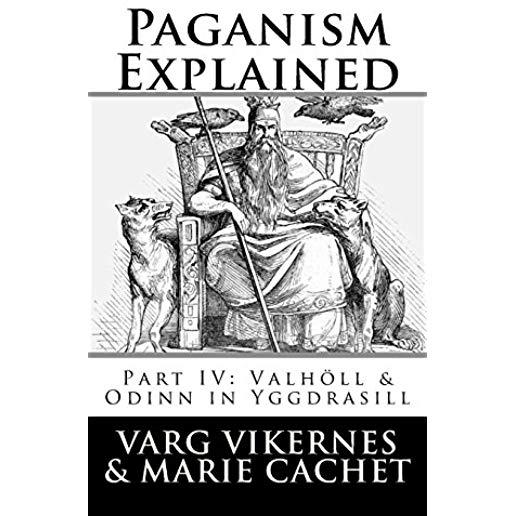
Hopman, Ellen Evert
product information
description
nt Christmas celebrations, Pagan Solstice customs, and magical seasonal plants - Explores in depth the medicinal and magical properties of the many herbs, barks, and berries associated with the Christmas and Yuletide season - Looks at the origins of the Christmas tree and Santa Claus, as well as female gift bringers, holiday Spirits, and Yuletide animals - Shares crafts such as how to make a Yule Log, practices such as Winter Solstice divinations, and recipes for traditional foods and drinks For millennia cultures have taken time out to honor the darkest days of the year with lights, foods, and festivities. In ancient Egypt, people decorated their homes with greenery at the festival of the rebirth of the God Horus. The ancient Romans shared gifts, especially candles, at the midwinter festival of Saturnalia. In Scandinavian and Germanic cultures, the Yule Log was burned in the hearth, fruit orchards were wassailed, and sheaves of wheat were displayed to carry luck into the New Year. In Celtic cultures, mummers and guisers went door to door, and European mistletoe (Viscum album) was gathered by Druids as a medicinal and magical aid. Ellen Evert Hopman shares folklore, recipes, rituals, and crafts to enliven your Yuletide observance. She explores the origins of the Christmas tree and Santa Claus as well as holiday Spirits and Yuletide animals. She explains how to perform Winter Solstice divinations and make traditional foods and drinks such as Elizabethan gingerbread cookies and Wassail. And she looks in depth at the medicinal and magical properties of the many herbs, barks, and berries associated with the Christmas and Yuletide season such as Frankincense and Myrrh, Cinnamon, Nutmeg, Hibiscus, Bayberry, and many more. This guide offers practical and magical ways to celebrate and honor the darkest days of the year.
member goods
No member items were found under this heading.
Return Policy
All sales are final
Shipping
No special shipping considerations available.
Shipping fees determined at checkout.







